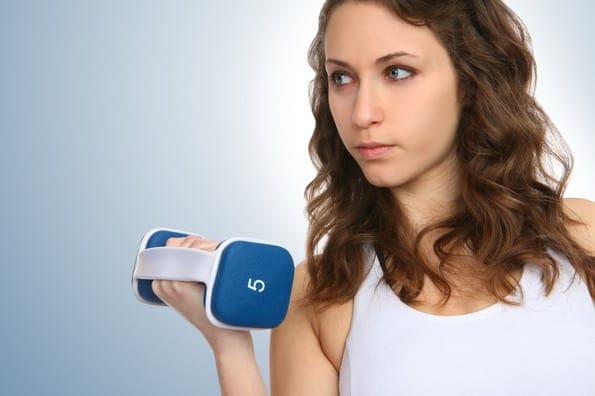Ultrasound scans are an essential part of any pregnancy, and most women will have three scans during their pregnancy. The first scan is usually done between 6-9 weeks, the second between 11-14 weeks, and the last between 18-23 weeks. The first two scans are classified as early pregnancy scans and can be extremely helpful for doctors in determining if both the pregnancy and the fetus are developing normally.
The early pregnancy scan, which is usually done between 6 and 9 weeks, is also known as a dating or viability scan. The gynecologist uses this ultrasound scan to confirm the location of the pregnancy; this can pick up ectopic pregnancies where the fetus grows in the fallopian tubes instead of the uterus. This scan can also be used to identify how many fetuses there are (whether it’s a singleton or multiple pregnancy) and to confirm and monitor fetal heart activity, which is very vital. The doctor also uses this ultrasound to find out how old the fetus is and thereby provide a due date to the expectant mother.
The second ultrasound is usually carried out during the 11th to 14th weeks of pregnancy. Your obstetrician will be able to show you a fully formed image of your baby during this time. The doctor will also use this test to check for any physical abnormalities in the fetus, such as missing limbs, extra fingers or any other deformities. This scan is also crucial for detecting genetic conditions like Downs syndrome.
The nuchal scan, also called the Down syndrome scan, is a routine prenatal test performed during the 11th to 14th week of gestation. This scan is specifically recommended for all women who fall in the high-risk category, but many women opt for this scan even if they don’t fall into that category to avoid any surprises after delivery. The nuchal scan is the best noninvasive method to detect Down syndrome, compared to other options like chorionic villus sampling, which is not only invasive but also risky for the fetus.
In this scan, the nuchal translucency is measured. This is the amount of fluid that is at the neck region of the baby. Normal fetuses have nil or very little fluid by the 14th week of gestation, but babies with Downs syndrome have much higher levels of this fluid. The crown to rump length of the baby is also measured, and the two are compared to find out if your baby could be suffering from this chromosomal defect.
The nuchal scan is not a confirmatory test for Downs syndrome, but it is a very good indicator of this condition. It is always important to consult a trained and skilled radiologist for your pregnancy scans, as this test provides the maximum information about your baby during pregnancy.











